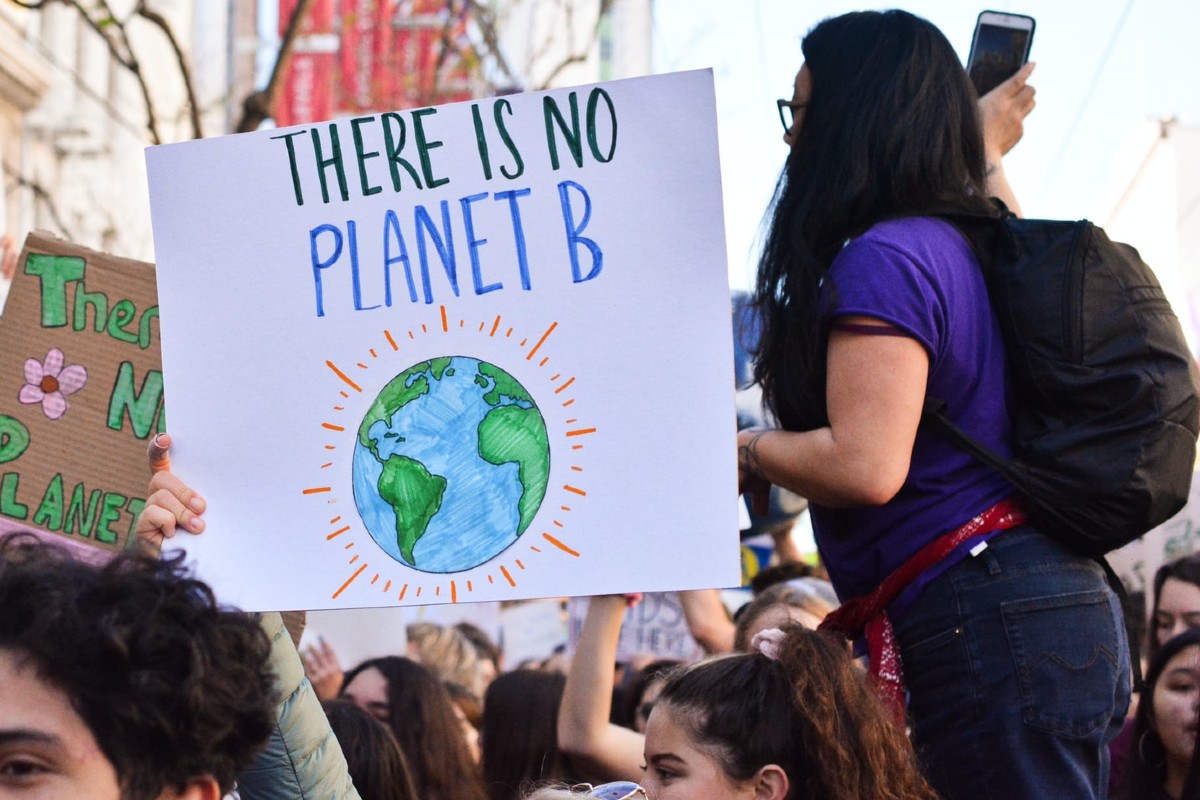
By Al Dozier, Statehouse correspondent | South Carolina is considered the fourth most vulnerable state to climate change’s effects, according to a recent report from the John Hopkins Bloomberg School of Public Health. The report also found that it is among the eight most unprepared states to deal with negative health effects associated with climate change.
But do South Carolina legislators care about climate change? They had mixed responses when contacted by Statehouse Report.
News about climate change has been around for the past 20 years, said House Minority Leader Todd Rutherford, D-Richland. But there’s a lot of uncertainty about what should be done about it. He said he has yet to hear a solution to the problem.
“I don’t know what we are supposed to do,” he said, noting the Republican leadership in the legislature is taking no action on the issue.
Rutherford said it’s time to hire a panel of experts to review the problem and make recommendations to the legislature for appropriate action. But some lawmakers are not expressing concerns.

Rep. David Hiott, a Pickens County Republican who serves as chairman of the House Agriculture, Natural Resources and Environmental Affairs Committee, said he has not seen the report. He declined comment when asked views on climate change issues.
But Sen. Tom Davis, R-Beaufort, acknowledged that it is an issue and that a remedy is under way. He believes actions will be taken in the near future. In an interview Davis said Gov. Henry McMaster has formed a task force, the S.C. Floodwater Commission, that is studying several issues, including climate change, and he expects recommendations to come forward.
Meanwhile, Rep. Spencer Wetmore, D-Charleston, a known advocate for climate change initiatives, told Statehouse Report that there are a lot of positive efforts underway, such as the move to electric cars and renewable energy initiatives.
“But there is a lot of work to do,” she said.
She said lawmakers have sponsored various bills to deal with the results of climate change, but most of those actions are related to “impact” rather than prevention.
While some consider the failure by lawmakers to take statewide action on climate change, and inaction by McMaster, who supported the Paris Climate Accords pullout by former President Donald Trump, Wetmore said it should not be a political issue.
“Climate change supersedes partisanship,” she said.
What’s happened recently
Initial action by the Floodwater Commission set up by McMaster called for several recommendations, including a call for channelizing rivers and digging new lakes to hold back flood water, while advocating for more development around the lakes. Some of those recommendations have been criticized by the Senior Conservation Leadership Alliance, an organization made up of scientists.

When asked by Statehouse Report about the governor’s stance on climate change, Communications Director Brian Symmes said the establishment of the Disaster Relief and Resilience Act backed by McMaster is now addressing climate change issues.
The act, passed by the legislature in September 2020, established the position of chief resilience officer and the S.C. Office of Resilience to coordinate disaster recovery and resilience efforts within the state, creates the Disaster Relief and Resilience Reserve Fund to finance disaster recovery efforts and hazard mitigation projects, and creates the Resilience Revolving Fund to provide low-interest loans to local governments to perform floodplain buyouts and restoration.
Effects of climate change
The effect of climate change in South Carolina has been studied exhaustively over the last three decades, according to the Coastal Conservation League. According to its website, the consequence of steady increases in greenhouse gas emissions like carbon dioxide by human activities has been documented. Today, 97 percent of climate scientists around the world agree that these emissions are resulting in an increase of average global temperatures. The southeastern region of the U.S ranks sixth worldwide in greenhouse gas emissions while South Carolina ranks 28th nationally.
Changing weather patterns also are expected to expose many sectors of the South Carolina economy to stresses that may significantly undermine the productivity of industries related to agriculture, forestry and fisheries.
Drought, invasive species, dieback of forests, fish and shellfish reductions, and tree species loss are but a sampling of the problems associated with a warming climate.
With 2,876 miles of coastline and a heavy dependence on coastal tourism based tax revenue, experts add that sea level rise poses a disproportionate threat to the natural resources and economy of the state, according to the league. In the future, the state is expected to face more flooding, more shoreline erosion, and further loss of coastal wetlands due to saltwater intrusion.
- Have a comment? Send to feedback@statehousereport.com



“…Wetmore said it should not be a political issue.
‘Climate change supersedes partisanship,’ she said.”
Is she awake? Everything today is a partisan issue. When people can make a world-wide pandemic a political issue with battle lines drawn along partisan lines, nothing is safe.
Pingback: Charleston Currents – NEW for 10/18: New glasses; School-to-prison pipeline; Senate portrait
Pingback: Charleston Currents – NEWS BRIEFS: Portrait of Civil War hero out of closet and on Senate wall